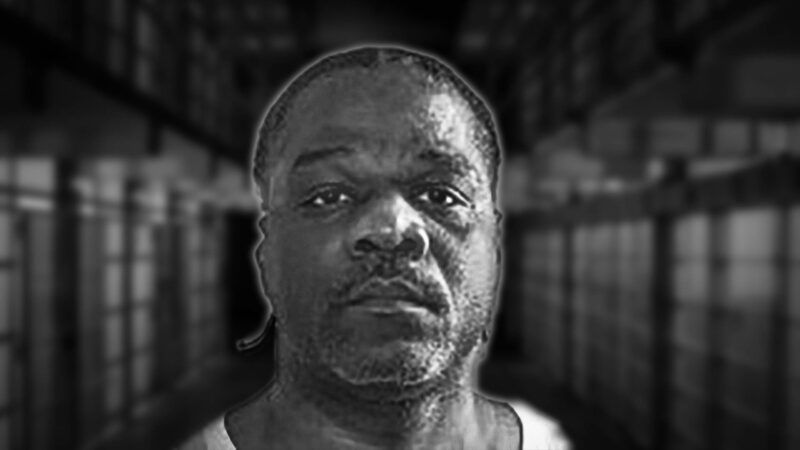He Was Executed for Murder. New DNA Evidence Implicates Someone Else.
Ledell Lee was put to death in 2017 for a killing he likely didn't commit.

"I'm not going to say I have come to terms with the state trying to take my life," Ledell Lee told the BBC in 2017, as his execution date neared. "Because I have not, nor will I ever come to terms."
Lee is now gone: The state of Arkansas killed him on April 20, 2017, for his alleged role in the 1993 murder of Debra Reese. And now DNA evidence found on the murder weapon implicates a different man.
Bafflingly, that evidence—located on a blood-spattered white shirt and wooden club, the latter of which was used to beat Reese to death—was not tested before the trial.
"At least two of the witnesses who testified failed to identify Lee either in a police lineup or at the trial," wrote Zuri Davis for Reason in 2020. "Meanwhile, Lee had to contend with deeply inadequate court-appointed lawyers. One was struggling with addiction, another eventually surrendered his license after suffering from mental illness, others had conflicts of interest, and all of them failed to investigate his claim of innocence. Though prosecutors used merely circumstantial evidence to tie him to the murder, Lee's lawyers did not consult with forensics experts and never even asked for DNA testing."
After the guilty verdict came down against Lee, that changed. Lawyers for the Innocence Project and the American Civil Liberties Union (ACLU) sought several times to test that evidence. But Republican Gov. Asa Hutchinson pushed to expedite the proceedings, as the doses were running up against their expiration date.
"It's my duty to carry out the law," said Hutchison last week. "The fact is that the jury found him guilty based upon the information that they had."
Reese was murdered in Jacksonville, Arkansas, shortly after calling her mother to tell her that a black man had knocked on her door to ask for tools. She was found dead shortly afterward, bludgeoned with the club and left on the floor of her home, her body partially covered by a rug when police came.
Lee was arrested two days later. Two tiny blood samples gathered on his shoes were inconclusive; a sample found on his jacket came back negative for both his and Reese's DNA. The state omitted the second and introduced the former, notwithstanding the fact that investigators could not even derive a blood type from the minuscule samples.
The evidence gathered by the ACLU and the Innocent Project both point to the same male. It doesn't match a sample yet recorded on the national criminal database, so it is not clear who that person is. But one thing is clear: It isn't Ledell Lee.
Show Comments (39)